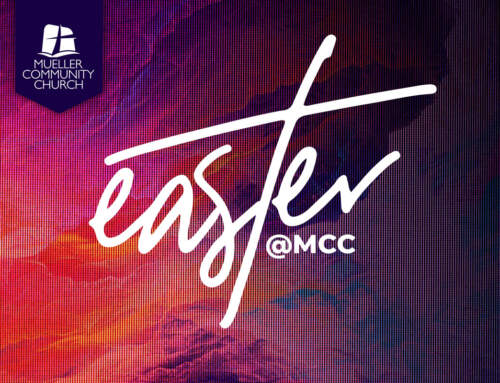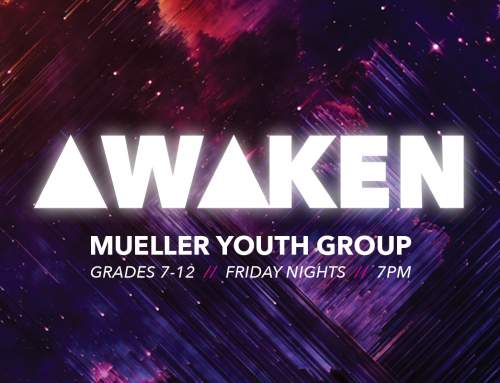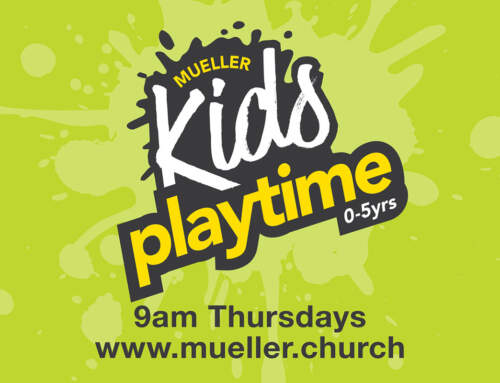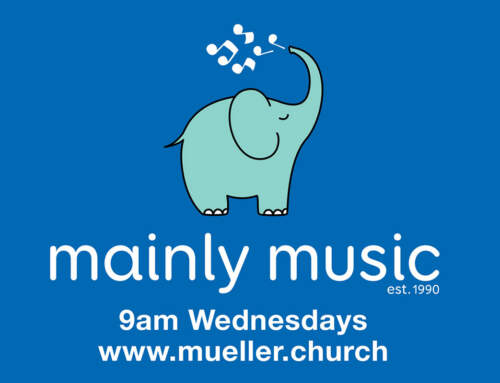Last week, we explored some of the myths and realities of grief that are included in Grief is a Journey: Finding Your Path through Loss: by Dr. Kenneth J Doka (2016). This week, we’ll continue with these. Grieving people are often told after a loss that they need closure. It might be suggested that some particular action or event will bring closure. While rituals and memorials can be meaningful steps in the healing process, they will not close the emotions experienced by a bereaved person. Dr Doka points out that grief involves a lifelong journey and nothing changes that.
Each of us processes loss in our own way, there is no single one road map on the journey of grief. One person may openly express their deep emotions (they are referred to as intuitive grievers), while another might express it by doing something (instrumental griever). Being aware of these differences in grieving styles may help lessen misunderstandings between family members. An example might help here. Sarah and Joseph lost their beloved son. Sarah still cries daily six months later. Joseph, on the other hand seems to spend all of his spare time out in the garden. Sarah may perceive Joseph to be heartless and wonder if he even loved their son. Joseph might be creating a memorial garden for their son and feel helpless in comforting his wife. Both are grieving, but express their grief very differently in a way that is unique to them. Another myth is that it’s easier to accept a death after a prolonged illness, but the reality is that all deaths are difficult.
Dr Doka concludes his chapter with two other myths. There’s a belief that grief is solely a reaction to a death, but in fact grief can be a response to any loss. We can grieve about broken relationships; loss of home or job; death of a pet; or loss of health, hopes or dreams to name a few. All loss can hurt, and it’s not true that some types of losses are more difficult than others.
Each one hurts in its own unique way and every type of loss creates its own issues. Some people benefit from participating in a support group. Most people don’t actually need to see a counsellor, but there is no shame in deciding to see somebody if that’s helpful. Normalising the roller coaster of emotions is good.
Next week, we’ll look at ways we might help a grieving friend.






